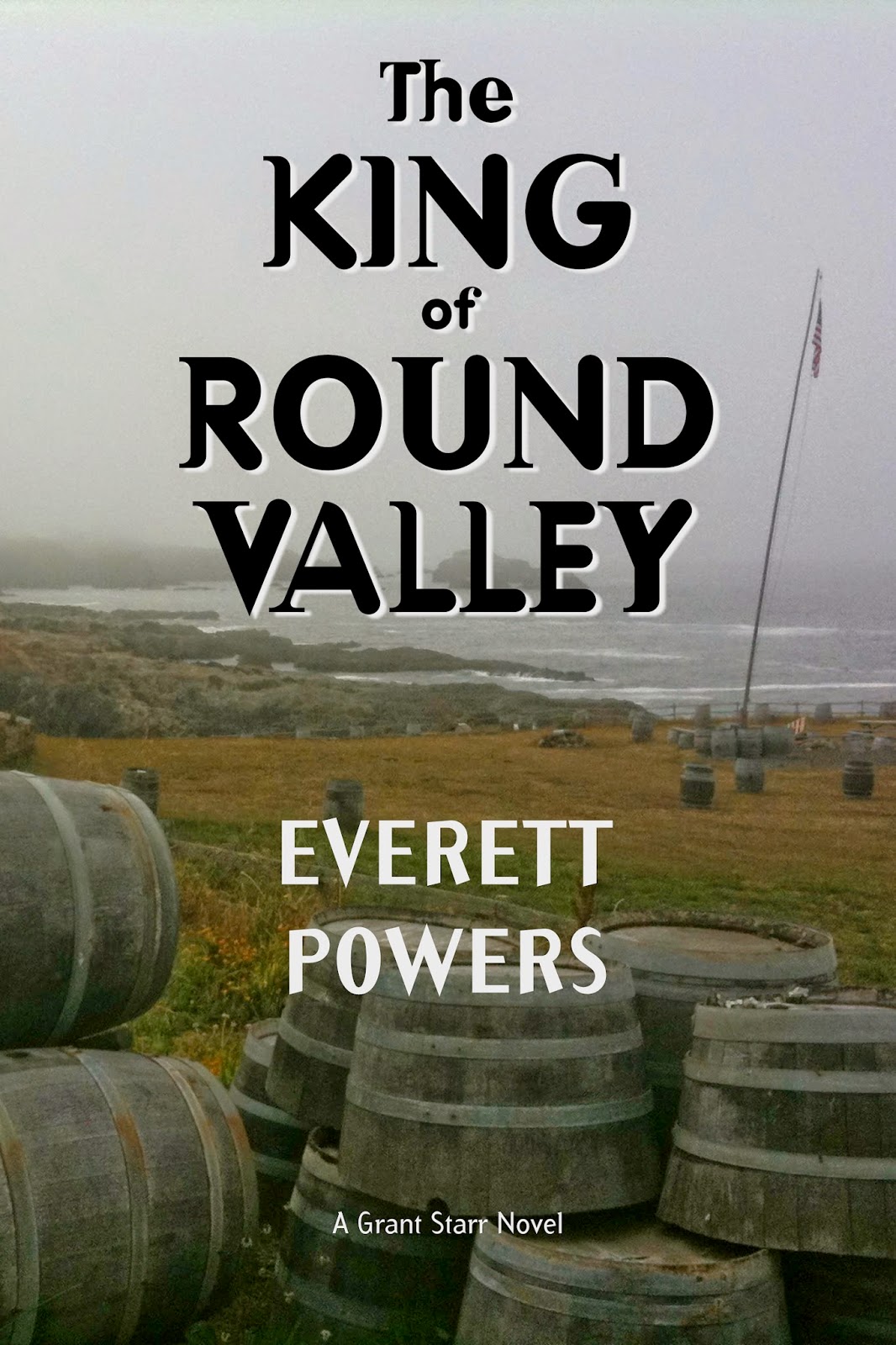Ellipsis
Print Formatting
I recommend the use of space-period-space-period-space-period-space (three periods, each surrounded by a space) when the ellipsis is in the middle of a sentence.
If ellipsis is at the end of a sentence, instead of the last space, insert whatever punctuation mark is appropriate. I don't use a fourth period at the end of a sentence in fiction like I would if I were publishing non-fiction. A close quote mark, question mark, or exclamation mark would immediately follow the last period with no additional space.
You or may not need to use a nonbreaking space between the preceding word and the first period, to keep them on the same line. That's handled in the copy-fitting stage, when you're examining each page of your manuscript in your page layout program.
eBook Formatting
I recommend the use a true ellipsis in eBook formatting. The only downside to this is, the eReader could choose to split a line at the end of the word, making an orphan of the ellipsis. The only way I know to prevent this would be to use an HTML editor and insert a zero width non-breaking space. Editing HTML is outside my skill set. I write my novels in Scrivener and use it to generate my eBook files.
In a comment I made at the end of the ellipsis post, I wrote you could also use the three periods surrounded by spaces recommended in Print Formatting. To make this work, you would need to make each space a nonbreaking space or risk the eReader splitting the periods up if it runs out of space on the line it's working on.
The risk of an orphaned ellipsis (or em dash) is small, especially on larger-screened eReaders like the Kindle Fire, iPad, Nook, and even the Kindle Paperwhite. I recently bought an iPhone 6 Plus so I'll be reading on my phone again, when hauling my iPad along is inconvenient, but I think most people are reading on larger devices now.
Em Dash
Print Formatting
My recommendations are unchanged from my earlier post for the use of em dashes in print formatting.
eBook Formatting
I've softened on my recommendation to use a soft space before and after em dashes when they appear in the middle of sentences. I think it makes for a more visually appealing line on an eReader, but I don't see it used much.
eReader software can add space between the em dash and surrounding words when justifying a line, which, in my opinion, is more visually appealing.
When em dashes appear at the end of a line, we have the same dilemma we had with the ellipsis: the eReader may orphan the em dash, like this:
Awkward looking, no?
But, is this any better?
I inserted a nonbreaking space after "shoulda" to prevent the eReader from making an orphan of the em dash and close quote. If you choose this option, you'll have to do the same for every em dash that appears at the end of a line, to be consistent.
I for one, since I don't edit HTML, will stick with option one and take my chances that the eReader will have mercy on my eBook and orphan few or no ellipses and em dashes.
Thanks for stopping by. While you're here, you could check out my novel The Mighty T for only 99 cents. It's a great introduction to my Grant Starr novels. Available at Amazon or anywhere fine eBooks are sold.








